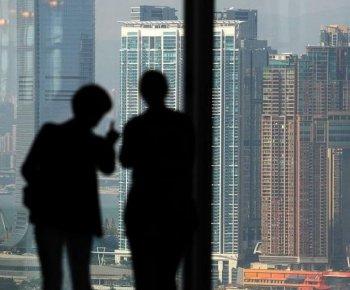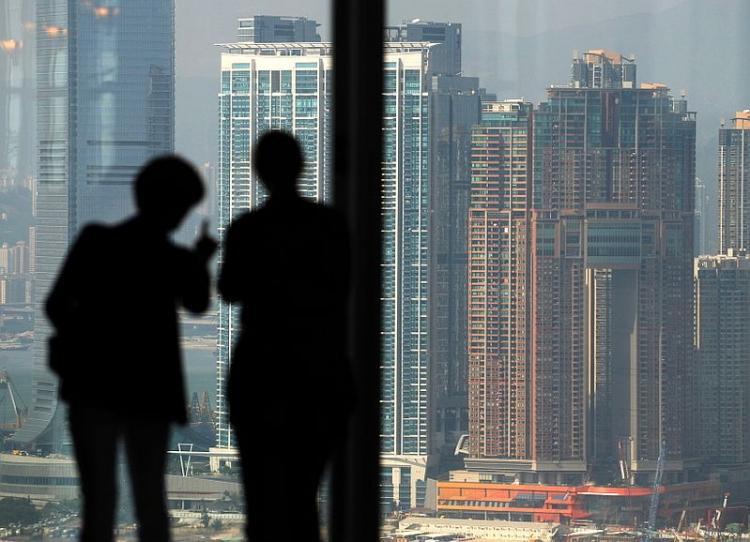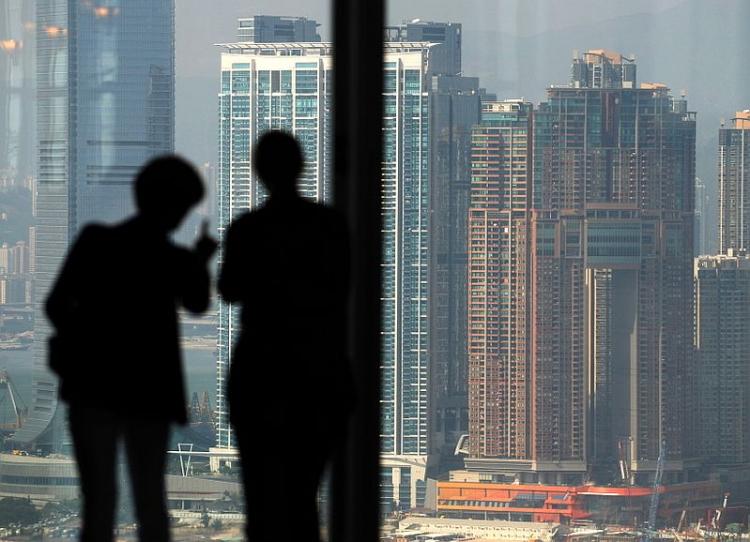Tianlun Jian On the Rate Hike in China
The People’s Bank of China (PBOC), China’s central bank, made a surprising announcement on Christmas day.

The People's Bank of China (PBOC), China's central bank made a surprising announcement on Christmas day that it will raise the one-year RMB benchmark deposit and loan rates by 0.25 percentage points respectively. Anthony Dickinson/AFP/Getty Images
|Updated:





